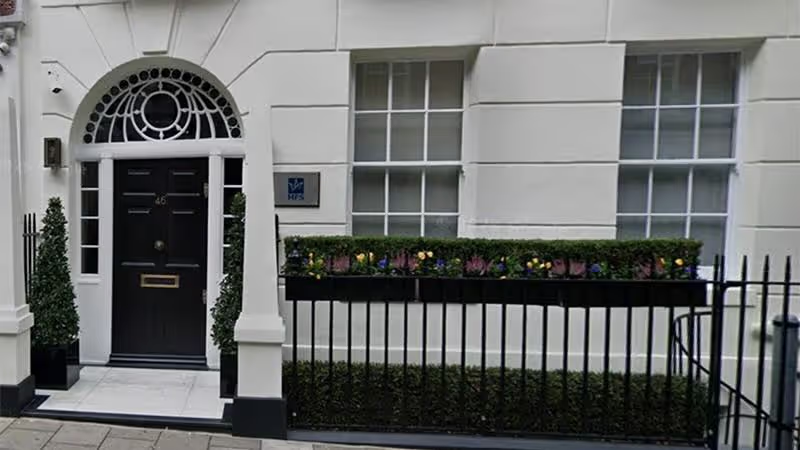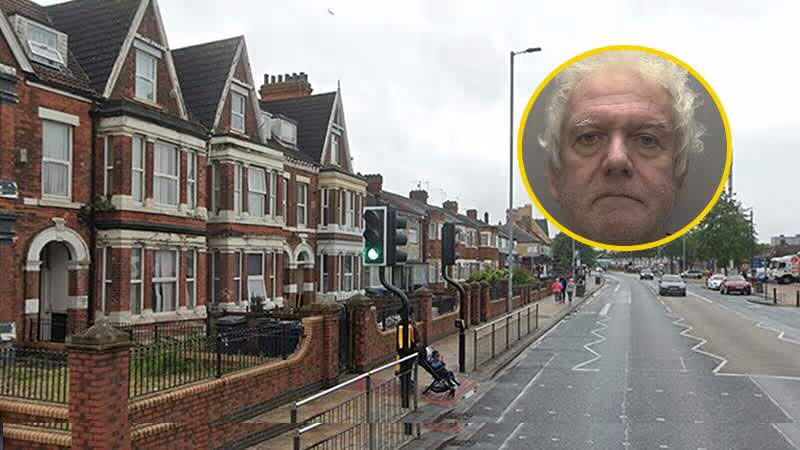Property and construction industry software and data company Zutec aims to improve the quality of buildings data so that people can make better decisions and work more productively. The company provides a full suite of digital solutions, including construction management software for architecture, construction engineering and operation.
New research, jointly conducted by the digital construction solution provider, Zutec and its newly acquired subsidiary, Createmaster, reveals that the majority of UK non-freehold tenants do not feel 100% safe within the building in which they live.
A national sample of 2,000 UK non-freehold tenants was surveyed twice over an 18-month period (from 2021-2023) to assess whether their perception and impression of building safety has changed.
Only around 39% confirmed they feel '�very safe' in their properties. This figure has remained consistent, with no change in the 18 months between the two like-for-like polls which have been conducted by Zutec, that's despite mounting pressure on asset owners and property managers surrounding the new building regulations following the Grenfell enquiry, including the Building Safety Act 2022
Almost half of the residents surveyed (41%) in 2023 also stated they have experienced or observed fire safety hazards in their building/home, such as non-existent or faulty sprinkler systems, faults with fire alarms or extinguishers, or issues such as fire escapes being locked.
The figure was an improvement over the 1st survey taken 18 months ago, where over two-thirds (68%) had observed or experienced fire safety issues in their building. This, says Zutec, demonstrates that slow progress is being made in making changes to improve fire safety in residential buildings.
Some high-rise key safety statistics:
- Only four in 10 tenants surveyed said they feel completely safe in their homes
- Eight out of 10 residents felt safety issues raised were not responded to or addressed quickly, adequately or effectively enough by the building manager or owner
- Only 40% stated they have access to - or even seen - building fire certificates
- Comparing data over an 18 month period, revealed access to fire and safety information and asset owner/property management communications has significantly improved
The research also found that access to fire certificates and building information remained inconsistent. Despite an 11% increase in residents having access to fire safety certificates since 2021, four in ten who responded still highlighted they had not seen this crucial document in relation to their building.
Against the backdrop of the new Fire Safety Regulations, which became binding yesterday, these figures are a stark reminder to landlords and asset owners that more work needs to be done to provide access to legally required information that assuage fire safety concerns while ensuring issues are being addressed.
The regulations implement most of the recommendations made to government in the first phase Grenfell Tower Inquiry report The Dame Judith Hackett Review '� published in October 2019 '� which require a change in law.
The regulations make it a requirement in law for responsible persons '� typically the building owner '� to provide information to the fire services to help them plan, and to provide additional safety measures.
Steve Callow, housing manager at MPA Masonry, says the regulations were a 'welcome step forward'� that would 'push housebuilders and developers to demonstrate best practice'�.
'It's clear we need to adopt a more safety-first approach to the way we build and, hopefully, these tougher regulations do just that,'� he says.
'I hope it will finally put an end to value engineering and create a far more robust framework for fire inspection.'�
According to the results of Zutec's survey carried out for them by OnePoll, leaseholders have a relatively weak understanding of building owners' legal obligations under UK rules.
In a survey of 2,000 households conducted on behalf of the software firm, at the beginning of the year, just 21% said they had a detailed understanding of the law, with 34% saying they had little to no understanding and 45% reporting some level of understanding.
Commenting on the findings, Emily Hopson-Hill, Zutec's Chief Operating Officer said:
'Given the massive legislative focus placed on resident safety above all else, following the considerable work of Dame Judith Hackitt post Grenfell, these results mean as an industry we still have a lot of work to do.
'The findings show there have been some clear improvements in available and accessible building information over the 18-month period. The collective effort already being made by developers, asset owners and property managers towards regaining trust with tenants is starting to show in our survey results.
'However, newly enforced regulation, the stipulation for a digital 'Golden Thread' of information across the asset lifecycle, and the requirement to sign-up to the Building Safety Regulator in October 2023 will go further to remediate these relationships as the emphasis is to ensure all stakeholders, including tenants, have access to the building information and issues are resolved quickly. It will also have the added bonus of effective asset operation, while driving up quality, strengthening compliance and reducing risk.'�
Some of the specific concerns...
When residents were asked how safe they felt in their homes, just over a third (39%) felt very safe. Whilst it is encouraging to see that only 2% of respondents felt unsafe, the majority (46%) responded they felt '�somewhat safe', implying a lack of confidence in feeling 'totally insulated from risk.'�
In the post-Grenfell age, these are results which should be taken seriously says Zutec: if asset owners, residential developers and property managers are to rebuild consumer trust and confidence in their ability to provide proper protection and safer dwellings to residents, then this must be done.
There's increasing awareness around fire safety
Other findings from the survey highlight increasing tenant and leaseholder awareness around correct fire safety procedures in high rise buildings, yet respondents also flagged a lack of consistency in the information provided by their landlord. For instance, four in 10 (43%) residents say they have not seen any fire safety certificates in their building.
However, these figures are improving, with 22% more respondents in 2023 saying communication from their asset owner or property manager was excellent (43%), compared with 2021 levels. Furthermore, 44% now indicate they have access to fire safety certificates, representing an 11% increase from 18 months ago, which is definitely a step in the right direction.
Additionally, whilst one in 10 respondents were unaware of who was responsible for fire safety in their building, an impressive 90% knew who to approach with their concerns.
It's clear that asset owners have responded to the new and upcoming regulations and there is definite improvement, but crucial knowledge gaps still exist. These need to be urgently plugged, as they not only create a massive compliance risk for the asset owner or building manager, who now needs evidenced proof that they have followed regulations to the letter, but more importantly, put residents' lives at risk, says Zutec..
Response times for fire safety remain sluggish
Taking immediate action once a fire safety issue has been flagged is non-negotiable. Unfortunately, only a fifth (21%) said that the party responsible for maintenance responded quickly enough when safety-related issues were raised.
When asked about the extent to which they were satisfied that their voice was heard concerning fire safety and maintenance issues, less than a quarter (22%) felt '�very satisfied' with the service received. It indicates a worrying disconnect between resident and responsible party.
These figures, whilst improved, suggest asset owners and building managers should reappraise their customer service provision to better handle these situations, thinks Zutec. For example, enhancing their digital portfolio and offering more engagement points for tenants, such as resident portals.
However, in other areas the services provided by asset owners have improved over the last 18 months, and this is to be welcomed. 70% of tenants said they either felt '�very' or '�somewhat' satisfied with the overall service that they receive from their asset owners or landlords, representing an increase on those asked the same question in 2021. This indicates that improvements are being made, if perhaps not at the pace residents would like.
Emily Hopson-Hill concludes:
'Ultimately, residential safety and security must move on from a box-ticking exercise to become baked into the whole building lifecycle, from planning to building to handover and beyond. Asset owners are already taking steps in the right direction to digitise data so it is accessible to all relevant stakeholders for better auditing and decision-making. With the regulatory landscape changing, now is the time to up the ante to ensure their residents feel 100% safe in their properties. In the here and now it's non-negotiable.'�
These top-line findings form part of a wider research project being undertaken by Zutec and Createmaster, focusing on the quality of fire safety provision and building maintenance for non-freehold residents.
Part of the BuildData Group AB ('BuildData'�), Zutec is a provider of cloud-based construction management software with more than two decades of experience in transforming built environments across the globe.
Zutec has also set up a digital solution to support house builders, developers and building owners in their efforts to remediate building cladding as quickly as possible in the wake of the Grenfell disaster.















.avif)
.avif)


















Comments